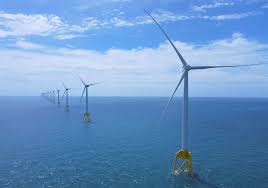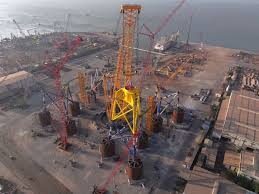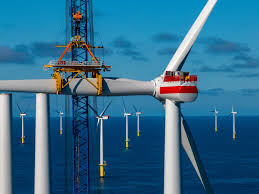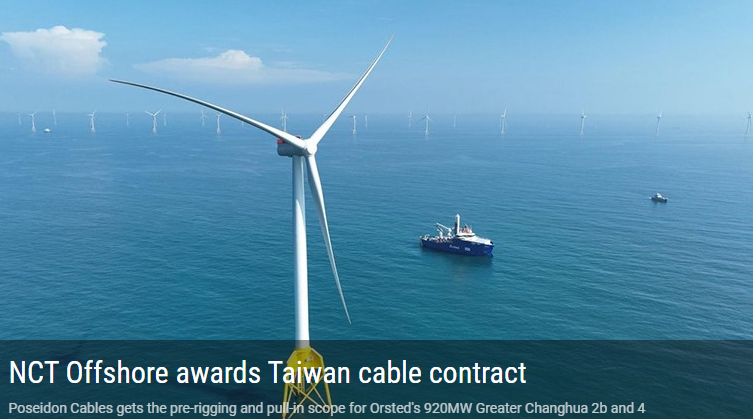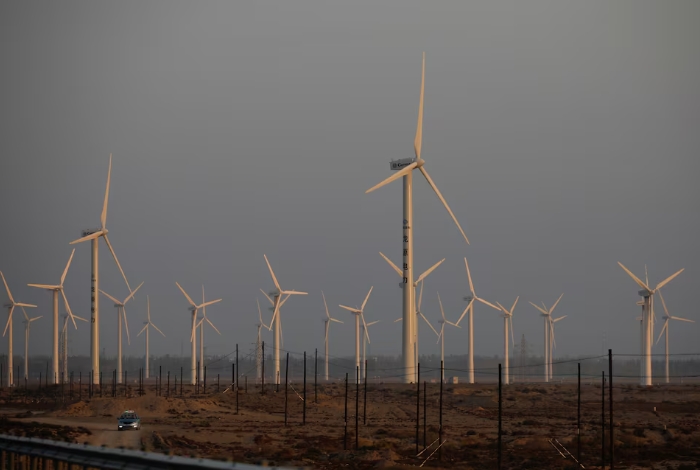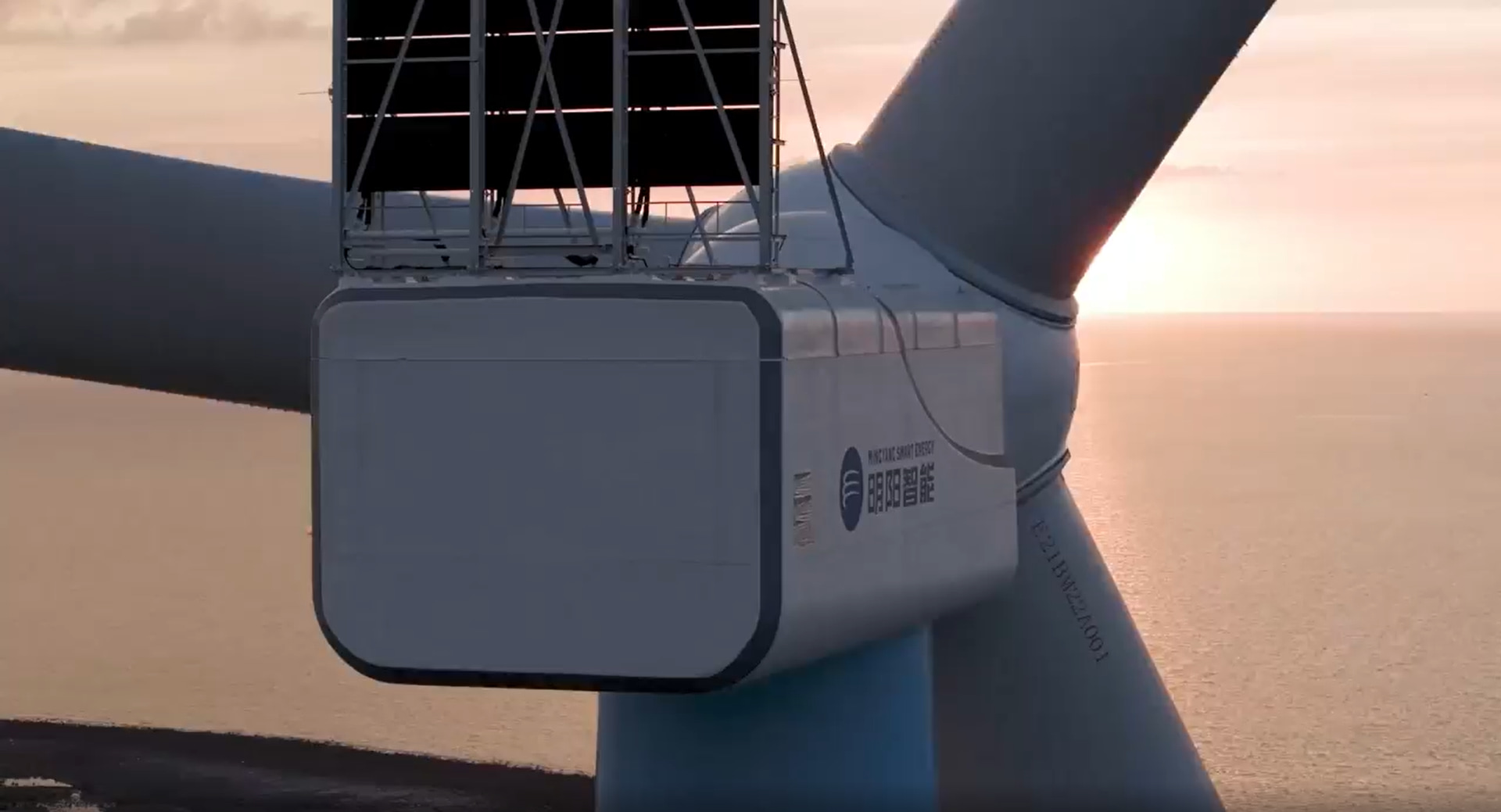
From 2026, the automotive major plans to deploy the hydrogen-powered logistics equipment for “all” tasks in the plant, including press shop, body shop and assembly operations.
With the logistics fleet currently using electric drives, BMW hopes to reduce vehicle downtime caused by having to change batteries twice per shift.
“Battery replacement, which is performed manually using a crane, takes about 15 minutes and requires space,” it said.
BMW Project Manager, Katharina Radtke, added, “The advantage of hydrogen is that refuelling is very fast – just like with conventional fuels. The filling stations required for this will be installed directly within the different production areas and do not take up much space.”
And to ensure the supply of hydrogen, BMW will install a 2km pipeline network with six different refuelling stations by early 2026.
“Once the conversion is completed, our annual hydrogen consumption will be around 150 tonnes,” Radtke said.
The firm expects the entire fleet transition to be completed in stages by 2030.
BMW has already been introducing hydrogen into its factory logistics. In 2022 the company said fuel cells would power automated guided vehicles (AGVs) at its Leipzig factory.
More broadly the group has been pushing hard on hydrogen mobility. It plans to launch a series production fuel cell electric vehicles (FCEV) in 2028 as part of a collaboration with Toyota.
